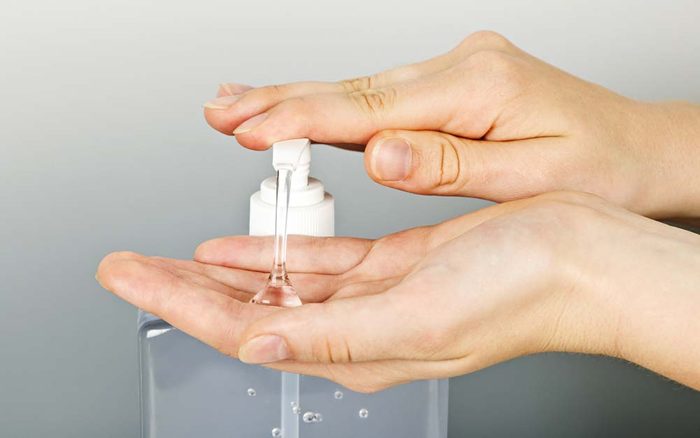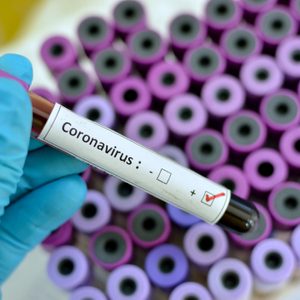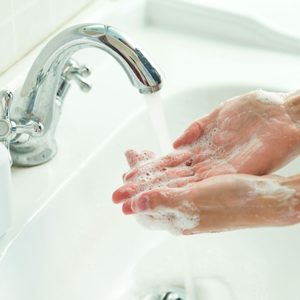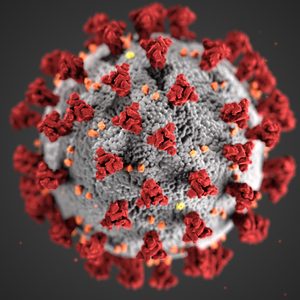Hand Sanitizer Doesn’t Last as Long as You Thought

The germ-killing standby might not be as effective as you thought.
Hand sanitizer isn’t perfect. And, it may surprise you to know that it doesn’t provide long-lasting protection. That’s contrary to what many people believe: more than half think that hand sanitizers last longer than they really do, according to a survey published in 2010.
This is more relevant than ever with the spread of the new coronavirus, which causes the respiratory disease Covid-19. On the recommendations from leading organizations like the Government of Canada, which suggest that one way to prevent the virus is by using a hand sanitizer for the times soap and water isn’t available to you. And so people are snatching up the products at a quick clip. In fact, it’s extremely difficult to buy hand sanitizer in stores and online right now.
Here’s the thing: they don’t work to protect you long-term and washing your hands with soap at the sink is definitely the best and first choice. “Alcohol-containing hand sanitizers are a convenient alternative to soap and water. The idea is that when a sink is not available, you use the gel,” says Philip Tierno, PhD, a clinical professor in the department of pathology at New York University Langone Medical Center.
Whereas washing your hands literally washes germs down the drain, “hand sanitizers kill whatever is on your hands at that moment,” says Michael Lin, MD, associate professor in the division of infectious diseases at Rush University Medical Center in Chicago. “If you touch something else contaminated, you need to clean your hands again. The same goes for soap and water,” he says.
Neither keeps your hands clean longer than a couple of minutes. “As soon as you’re done washing or using a gel, there is no residual effect. You can re-contaminate your hands right away,” says Tierno. That happens as soon as you touch common (and often grimy) surfaces, like banisters, elevator buttons, or counters.
So, before eating or drinking or touching your face for any reason, you’ll need to either wash with soap and water or use a hand sanitizer, says Tierno. Doesn’t matter if you just washed up 30 minutes ago—do it again now. He adds that if your hands are dirty and you don’t have sanitizer on you, just wait to touch your face. (Here’s what can happen if you don’t wash your hands.)
When using a hand sanitizer, choose one with at least 60 percent alcohol. “Cover all surfaces of your hands and rub them together until they feel dry,” advises the Centers for Disease Control and Prevention. Dr. Lin prefers alcohol-based hand sanitizers because of their convenience, portability, and quick-action effectiveness. That said, these gels or sprays do not work as well if your hands are visibly dirty. (Here are our favourite natural hand sanitizers sold in Canada.)
To wash properly, Tierno advises generously lathering hands with soap for 20 to 30 seconds, making sure to get in between fingers and the backs of your hands. Don’t forget to get under your nails by scraping your nails on the opposite palm.







